Best Practices for Virtual Terminal Setup in Regulated Industries
In regulated industries, compliance, security, and efficiency must work together seamlessly. From healthcare providers to law firms, insurance agencies, and financial institutions, these businesses cannot afford mistakes in the way they handle sensitive transactions. One of the most effective tools for meeting these needs is virtual terminal payment processing.
A virtual terminal allows businesses to accept payments through a secure web-based system without requiring a physical card reader. This flexibility makes it ideal for industries where payments are frequently processed remotely, such as over the phone or via recurring billing. But simply adopting a virtual terminal is not enough—it must be configured and managed correctly to ensure compliance and security.
At Motus Financial, we help regulated businesses set up virtual terminals with confidence. This blog explores best practices for deployment, highlights real-world applications, and explains how businesses can avoid common mistakes.
Understanding Virtual Terminals
What is a Virtual Terminal?
A virtual terminal is a secure, web-based payment solution that allows businesses to accept card payments by entering details manually into a digital interface. Instead of swiping or tapping a card, businesses log into the terminal, input payment information, and process the transaction securely.
Why Regulated Industries Rely on Them
For industries like healthcare, legal, and financial services, virtual terminals offer benefits that go beyond convenience. They help maintain compliance with industry standards, protect sensitive information, and provide businesses with flexible, scalable payment solutions.
The Importance of Virtual Terminal Payment Processing
➤ Enhanced Security
Data security is paramount in regulated industries. Virtual terminals use encryption and tokenization to protect cardholder information during transactions, significantly reducing the risk of data breaches.
➤ Remote Access and Flexibility
With a virtual terminal, payments can be processed from any device with internet access. This flexibility is particularly valuable for industries where clients may never step into an office but still require seamless billing options.
➤ Compliance and Transparency
Regulated industries face audits and strict compliance reviews. Virtual terminals provide detailed audit trails, ensuring that every transaction is logged, transparent, and verifiable.
Security and Compliance Best Practices
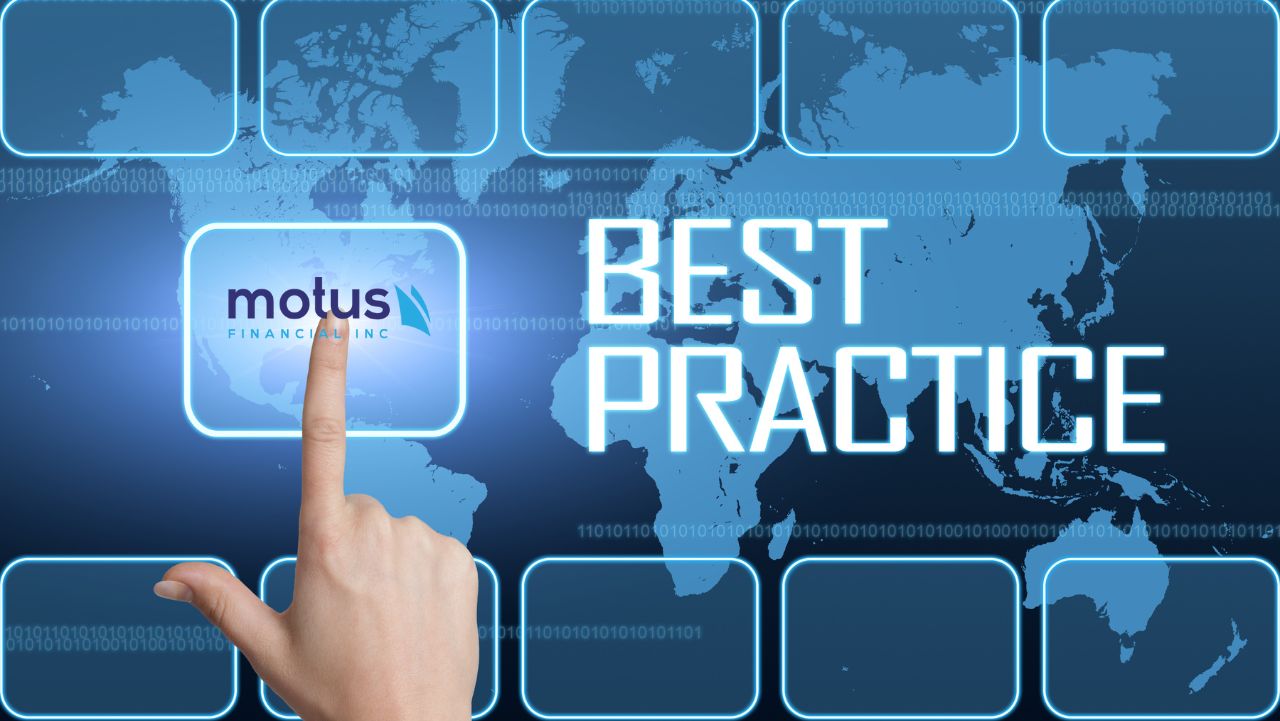
➤ Choosing a PCI-Compliant Provider
The foundation of secure payment processing lies in PCI DSS compliance. Businesses should always partner with providers who not only meet but exceed these standards. Motus Financial ensures that our systems are PCI-compliant and tailored to the needs of regulated industries.
➤ Role-Based Access Controls
Access to sensitive financial data should be limited. By implementing role-based permissions, businesses can ensure that only authorized personnel can complete certain actions, such as refunds or reporting.
➤ Multi-Factor Authentication
Adding another layer of verification, such as mobile confirmation codes or biometric scans, protects against unauthorized access and strengthens security protocols.
➤ Encryption and Tokenization
Encryption scrambles data during transmission, while tokenization replaces sensitive card details with secure placeholders. Together, these features safeguard customer data throughout the payment process.
➤ Regular System Updates
Staying ahead of cyber threats requires constant vigilance. Virtual terminals should receive regular updates and security patches to protect against new vulnerabilities.
Read also:- Why Virtual Terminal Payment Processing Matters in Modern Business
Staff Training and Awareness
➤ Importance of Training
Even the most advanced payment systems can fail if staff are not trained to use them properly. So, Training programs should focus on compliance requirements, secure data entry, and fraud prevention techniques.
➤ Building a Culture of Security
Businesses should encourage employees to treat payment security as part of everyday operations. This includes recognizing phishing attempts, following access policies, and reporting suspicious activity immediately.
Integration with Industry Tools
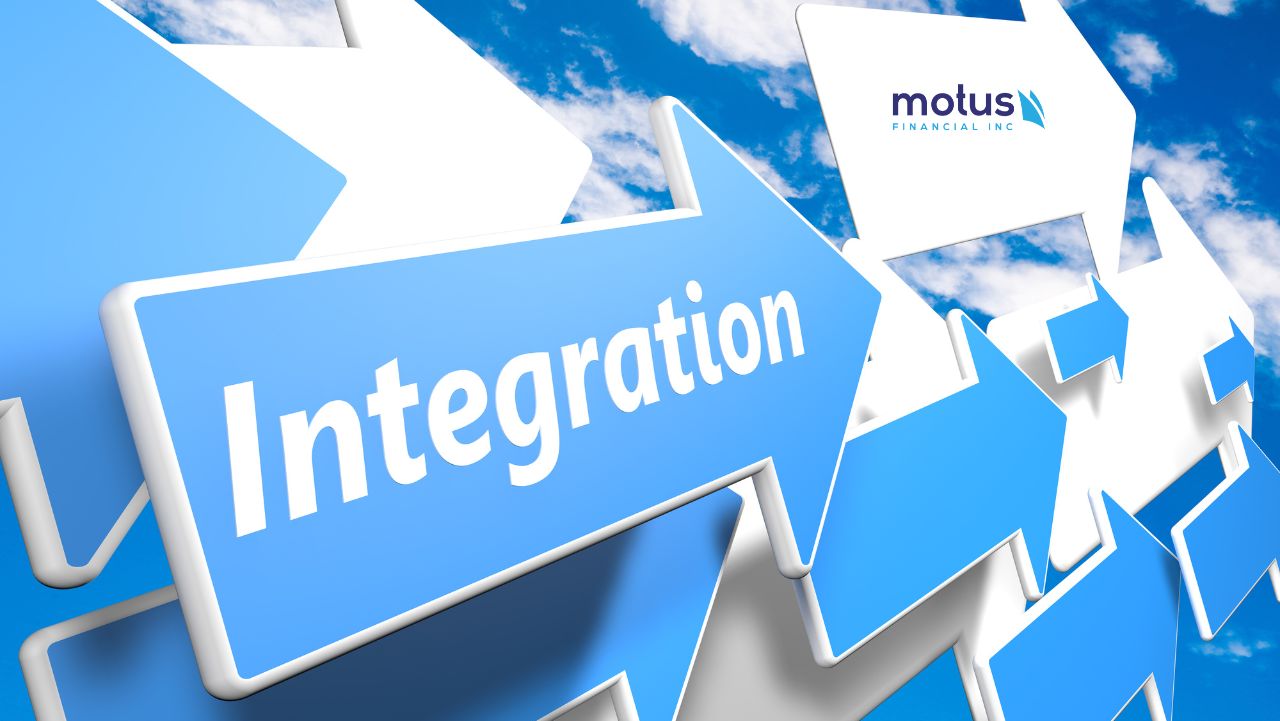
➤ Healthcare Integration
For healthcare providers, virtual terminals can be integrated with electronic health record systems. This ensures billing is accurate while maintaining HIPAA compliance.
➤ Legal Practice Integration
Law firms often require tools that comply with IOLTA regulations. Virtual terminals that integrate with case management software help lawyers streamline payments while keeping client funds properly managed.
➤ Insurance and Financial Services Integration
Recurring billing is critical in insurance and finance. Virtual terminals that link to policy management or accounting systems can reduce administrative work and prevent missed payments.
Maintaining Detailed Audit Trails
Audit trails record every action performed in the virtual terminal, from processing a payment to changing a password. For regulated industries, these logs provide proof of compliance and help detect irregular activity.
With audit-ready reporting, businesses can demonstrate compliance during external reviews and gain peace of mind knowing they are prepared for audits.
Common Mistakes to Avoid
➤ Shared Login Credentials
Allowing multiple staff members to use a single account weakens accountability and increases the risk of unauthorized activity. Each employee should have their own login.
➤ Neglecting Training
Employees who are unfamiliar with compliance rules or security measures may unintentionally expose the business to risk.
➤ Ignoring Software Updates
Failing to update virtual terminals leaves them open to known security vulnerabilities. So, Updates should never be postponed.
➤ Choosing Based on Price Alone
Low-cost providers may not meet compliance standards. In regulated industries, security and compliance should always come before cost savings.
Strengthening Online Presence Through Google Business Profile
➤ Showcasing Professional Credibility
A polished Google Business Profile communicates credibility before clients ever visit your website. So, By sharing accurate details about your services, payment methods, and compliance-ready operations, you present your business as a trustworthy partner from the start.
➤ Expanding Local Reach
An optimized profile improves how often your business appears in local search results. For regulated industries where clients often seek nearby providers, visibility on Google Maps and local listings can make a significant difference in generating new business opportunities.
➤ Building Reputation Through Feedback
Client feedback displayed on GBP acts as social proof. So, Consistently positive reviews highlight your dedication to secure, reliable, and professional service, while thoughtful responses to feedback demonstrate transparency and care for your customers.
Future Trends in Virtual Terminal Payment Processing
➤ Artificial Intelligence in Fraud Detection
AI-powered fraud detection systems are becoming more advanced, helping businesses identify suspicious transactions in real time.
➤ Deeper Compliance Integrations
Future virtual terminals will integrate directly with compliance monitoring systems, reducing the burden of audits.
➤ Voice-Assisted and Mobile-First Payments
As technology evolves, businesses can expect more intuitive features such as voice-assisted data entry and fully mobile-optimized payment platforms.
Why Choose Motus Financial
At Motus Financial, we understand the unique challenges regulated businesses face. So, Our solutions are designed with compliance, security, and scalability in mind.
We provide:
-
PCI-compliant systems
-
HIPAA-ready payment options
-
Seamless integration with industry tools
-
Detailed audit trail reporting
-
Ongoing support and employee training
Our expertise ensures that your virtual terminal setup is not just functional but compliant and future-ready.
Contact Us
If you are ready to improve your payment systems, Motus Financial is here to help. So, Our team specializes in creating customized solutions for regulated industries that balance security, compliance, and ease of use.
📞 Contact us today to learn how our virtual terminal payment processing solutions can help your business handle sensitive transactions with confidence.
Conclusion
In regulated industries, virtual terminals are not just a payment solution—they are a safeguard for sensitive data, a compliance tool, and a driver of customer trust. By adopting best practices, avoiding common pitfalls, and partnering with a trusted provider like Motus Financial, businesses can ensure their systems are secure, efficient, and future-ready.



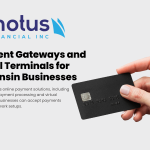

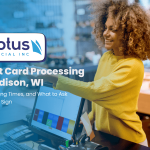

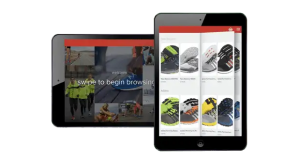
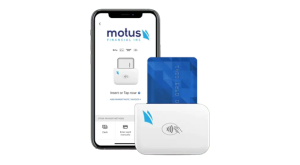
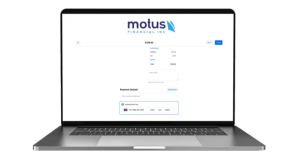
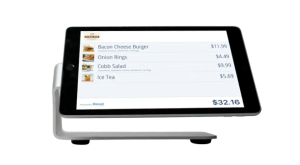 Our POS systems are designed to streamline in-store transactions. With features like inventory management, sales reporting, and customer tracking, our POS solutions help you run your business more efficiently. Our terminals are compatible with various payment methods, including chip cards, contactless payments, and mobile wallets.
Our POS systems are designed to streamline in-store transactions. With features like inventory management, sales reporting, and customer tracking, our POS solutions help you run your business more efficiently. Our terminals are compatible with various payment methods, including chip cards, contactless payments, and mobile wallets.